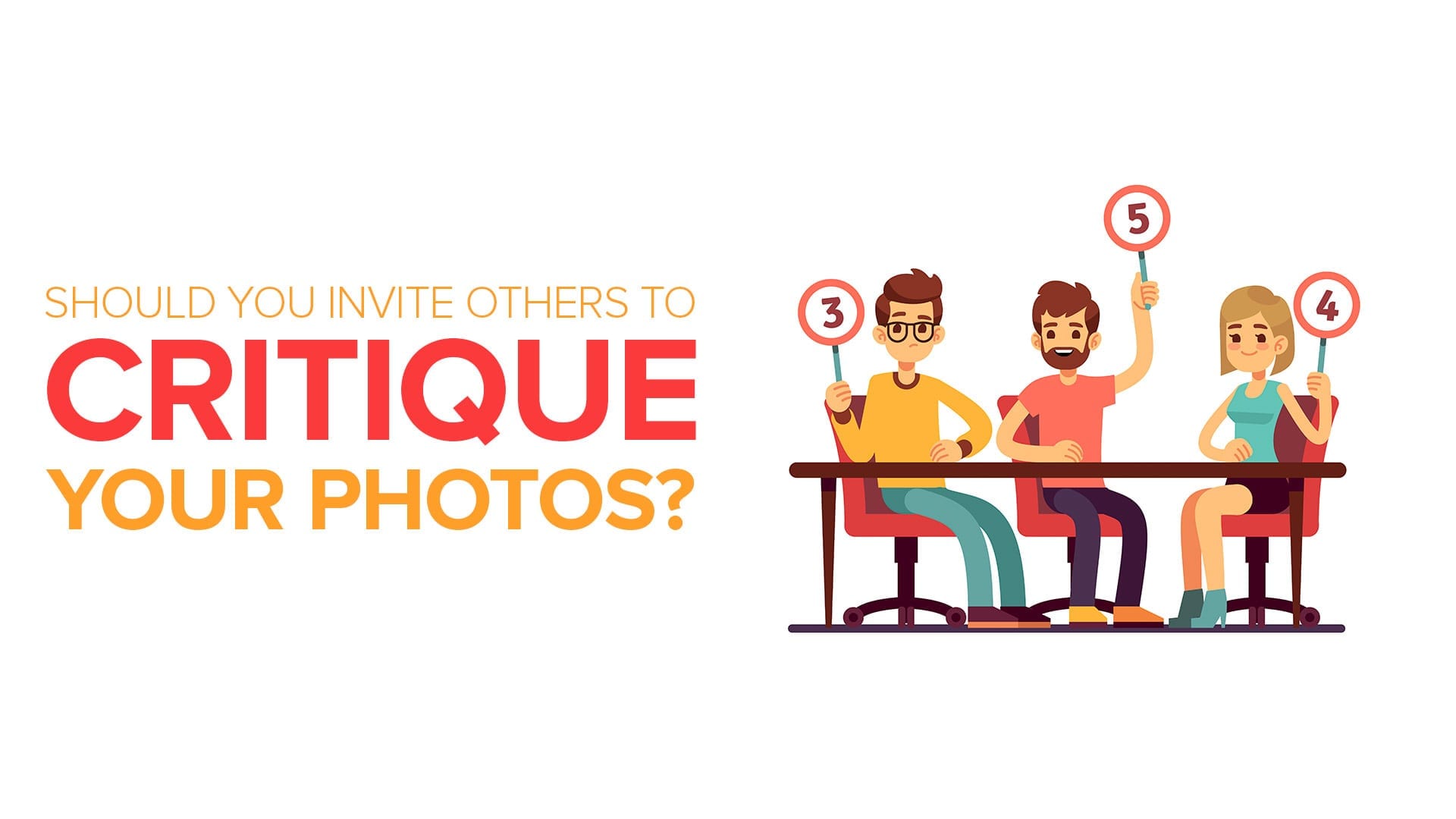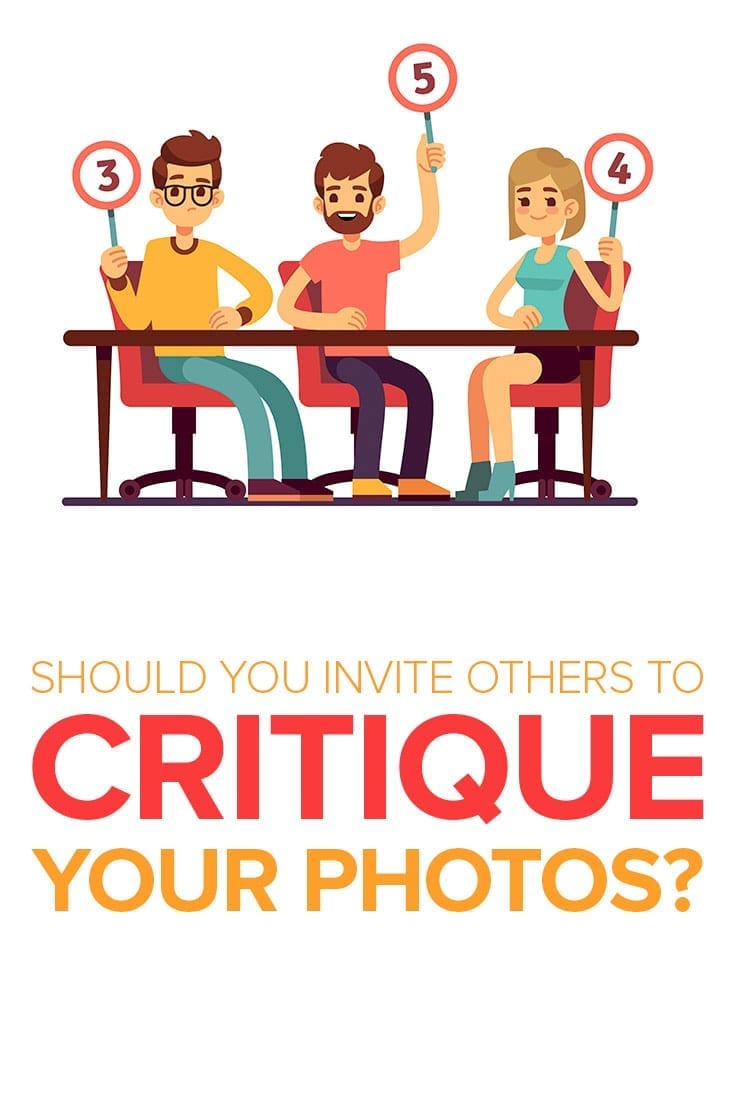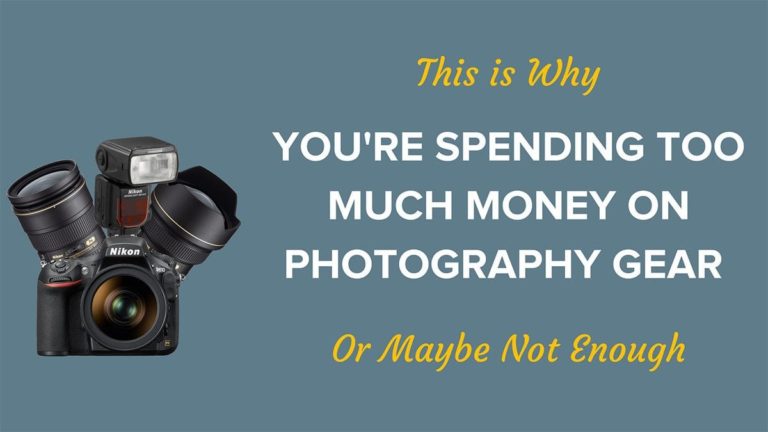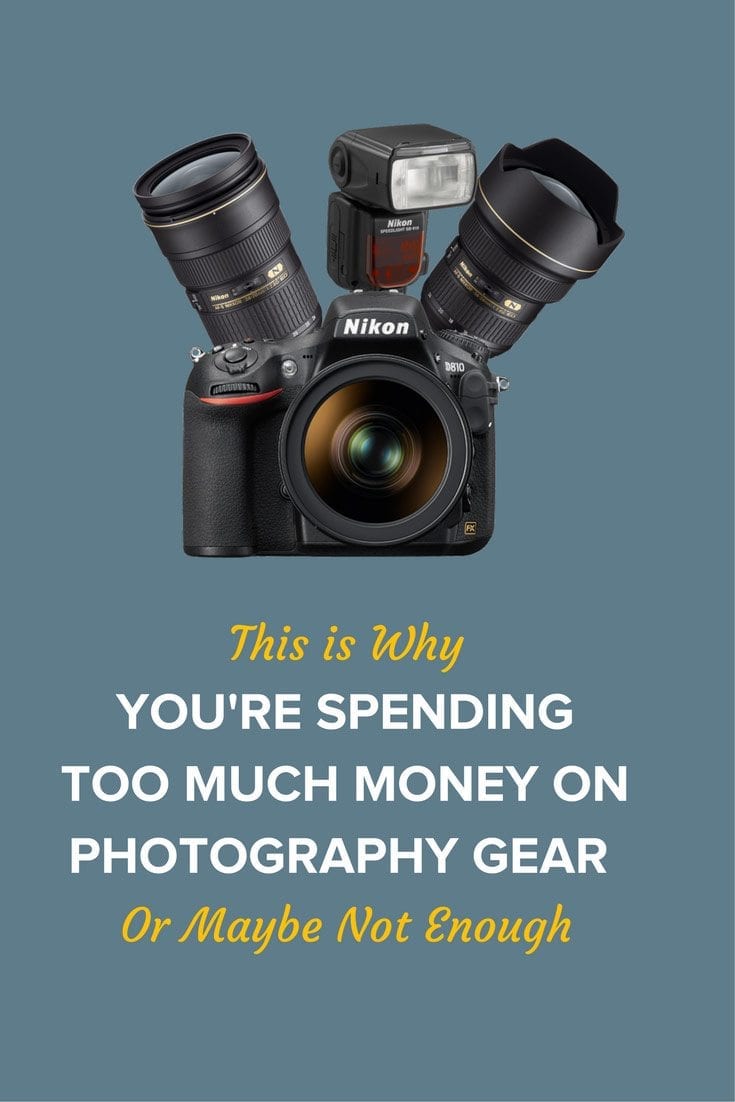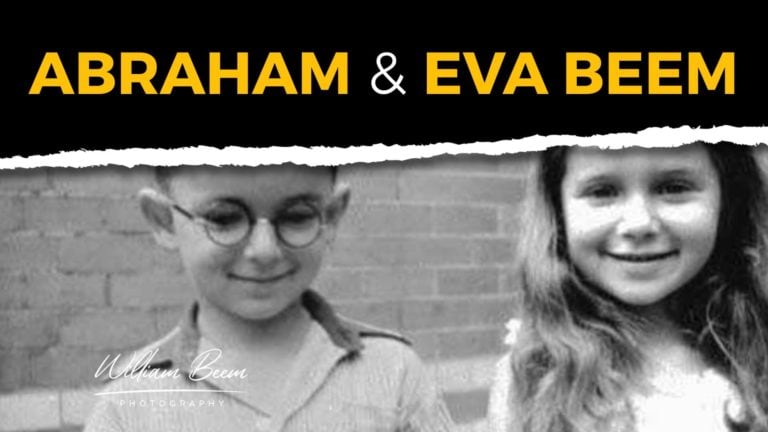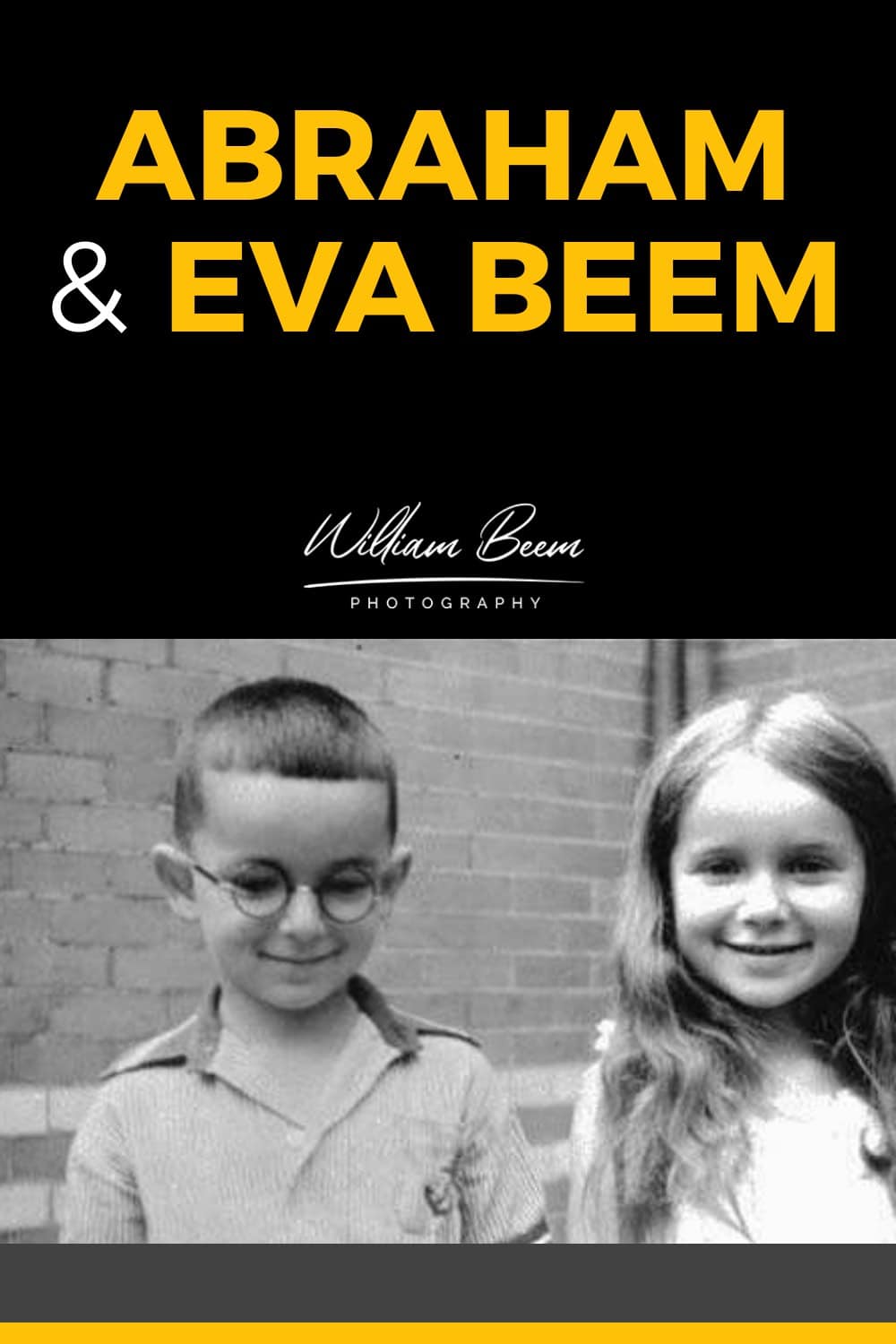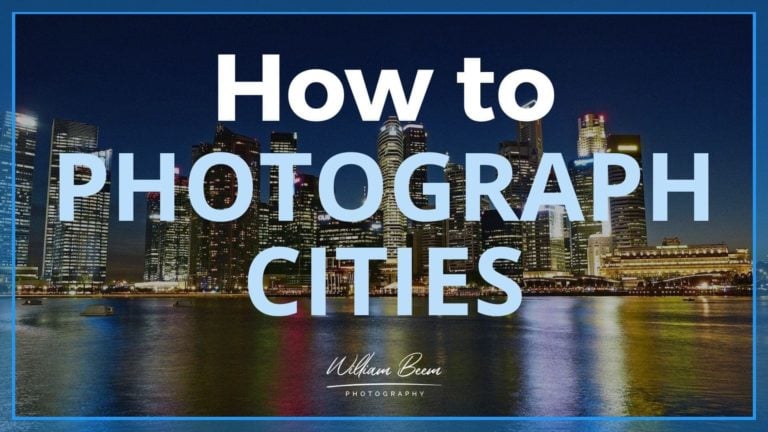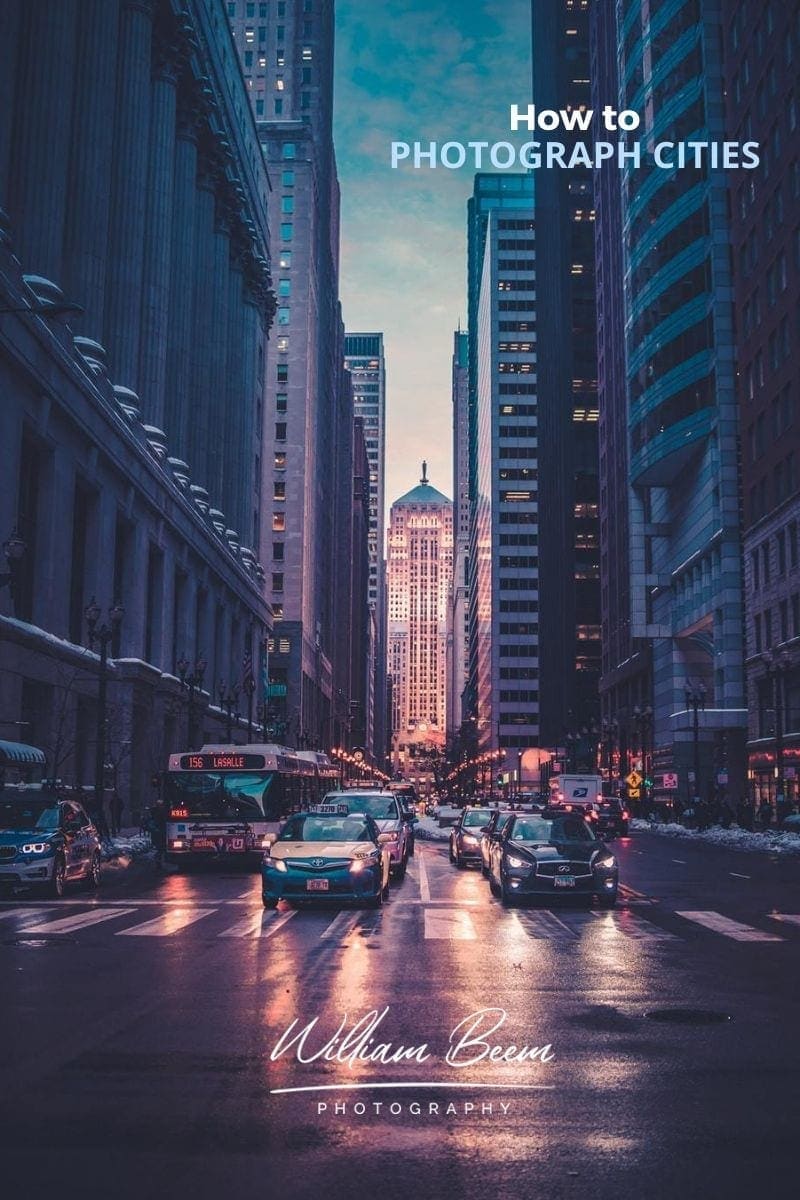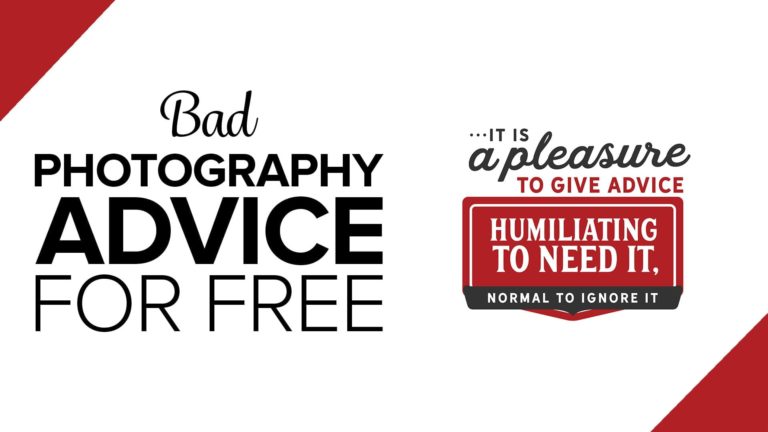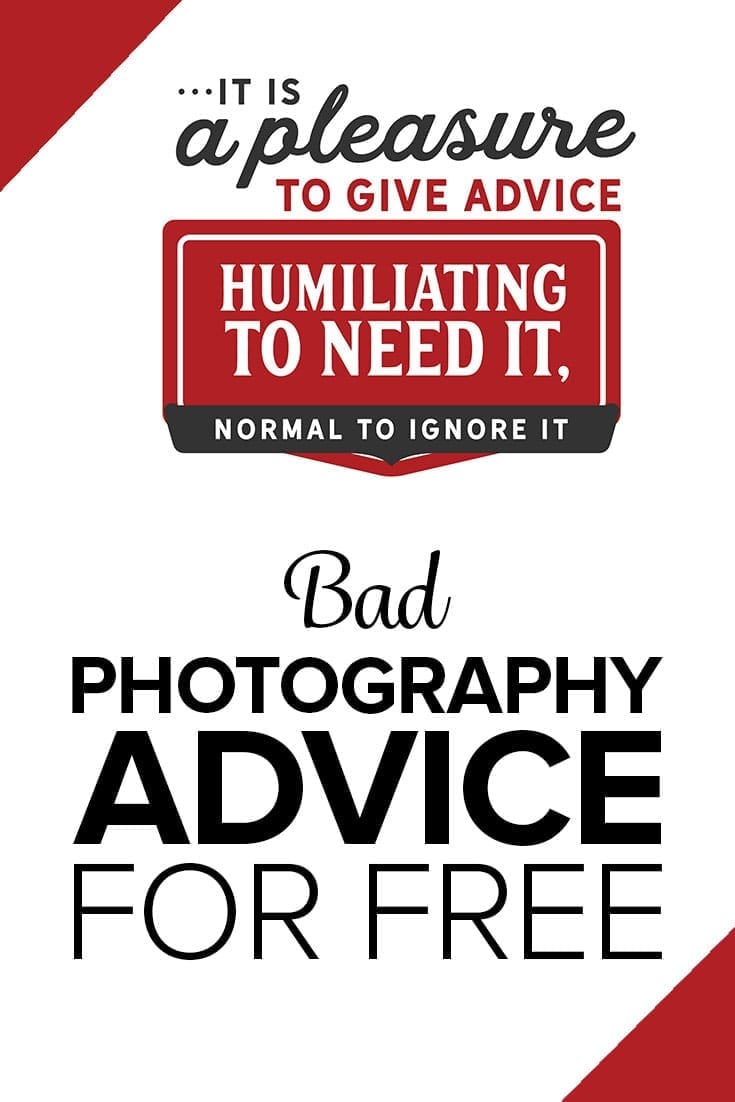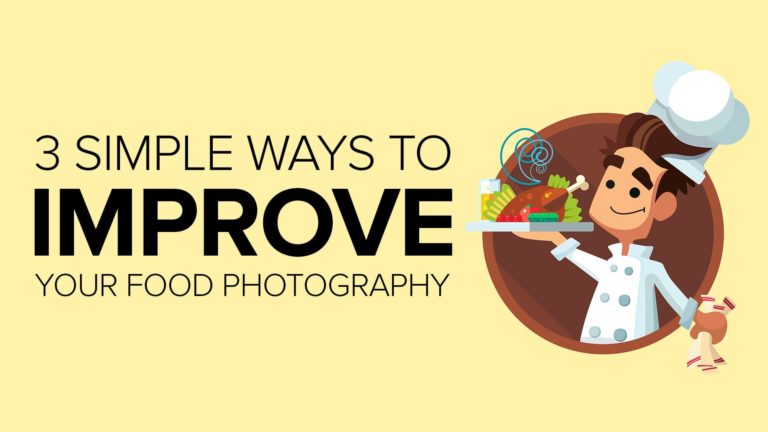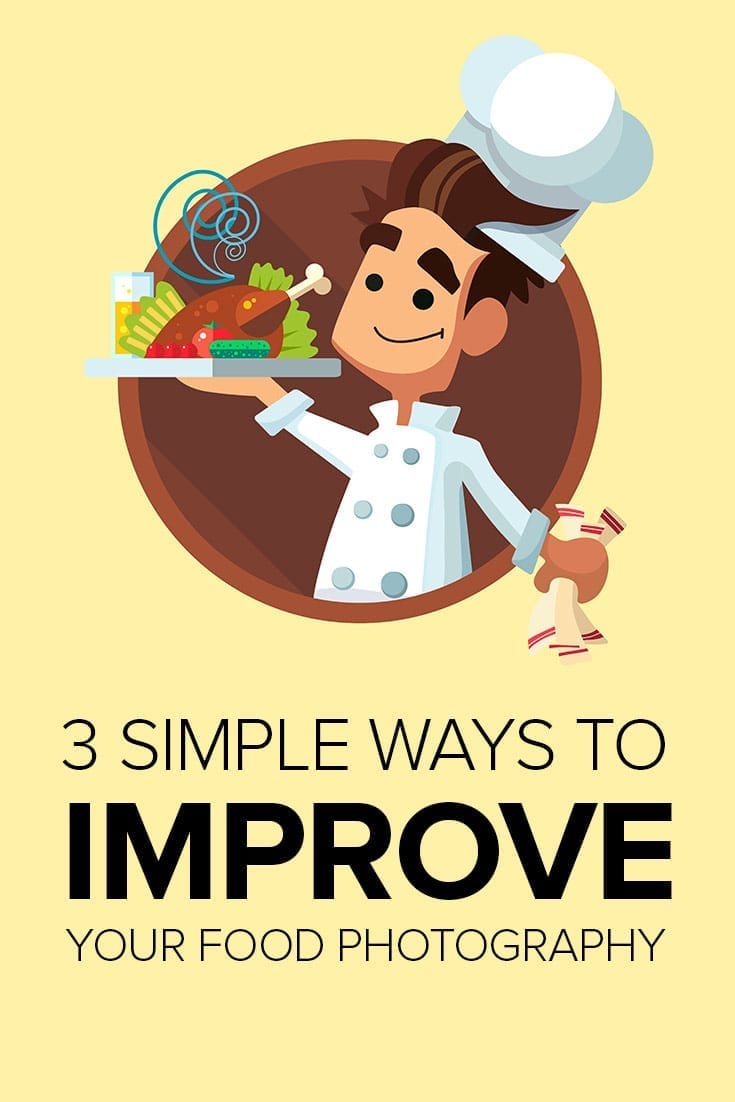Affiliate Disclosure: We earn a commission if you purchase through one of our links at no additional cost to you.
If you want someone to critique your photos, it’s best to know what to expect. Not all critiques are alike, and some people shouldn’t be trusted to give a critique. Having someone critique your photos can be a valuable learning experience. It may even fundamentally change how you approach your photography.
You just need to make sure what makes a good photo critique from someone you can trust.
Why Do You Want Someone to Critique Your Photos?
There’s an old saying.
You don’t know what you don’t know.
The purpose of a critique is to help elevate you as a photographer by offering insights to your style and techniques. It isn’t to criticize you or your photography. Instead, a photo critique helps you realize what you’re doing, why you’re doing it, and potentially offer alternative suggestions.
Ultimately, the purpose of allowing someone to critique your photos is to make you a stronger and better photographer. You gain an insight to what you’re doing and alternative approaches to craft your photographs.
A simple example I won’t forget came when Mike Kubeisy gave me a photo critique. Some of the models in my portfolio had a hand next to their face. He told me “Whenever I see a model holding her face like that, it makes me think she has a toothache.”
That hand on the face wasn’t something I’d ever considered as good or bad. It was just something that the model did. However, I learned that I have to consider everything that goes into my photos and what someone may perceive as a result. It’s up to me to provide direction to the models to get the photos I think are strongest and work out the best.
It was a simple comment, but it changed how I work with models for my portraits.
What Makes a Good Critique?
A photo critique is a look inward to discover new possibilities or habits that you should address.
It’s not a session to hear someone tell you that your photo is nice, or that it’s bad. Neither of those statements help your photography. Instead, a critique should help you identify some key concepts about your work.
- Do your photos have impact?
- How is your composition?
- Can you perform the technical aspects of photography?
- Does it identify your strengths and weaknesses?
- Do you exhibit a personal style of photography?
- Are you choosing the right work to display?
When you have someone critique your photos who can address these questions, then you have something that helps you deconstruct your photos and your approach to photography. You stop thinking about whether you have a nice photo, and start learning how to isolate the elements of a strong, impactful photo.
Here’s What a Critique Is and Isn’t
Instead of learning how to create a photo, a critique teaches you what you need in a photo and why you need it.
A critique is not about the opinion of the person providing it to you. It’s about measurable, objective qualities in your photograph. If your composition could be stronger, that’s a great subject for a critique. I’ve had people show me how I could’ve changed the composition of my photos to give them more impact.
However, color grading is an artistic decision. It isn’t right or wrong. I may like it or dislike it, but that’s not a measurable or objective quality to critique.
Objective issues would be composition, exposure, posing, etc. If the photo is soft or blurry, that’s something to point out.
Color is something that may or may not be useful in a critique. For example, I wouldn’t point out that I don’t like the green dress on your model. However, I may point out if the colors in your photograph aren’t working together. A lack of color harmony is an objective topic to discuss. Preference of colors isn’t objective.
How to Recognize People Who Shouldn’t Critique Your Photos
There are some people you shouldn’t trust to give you a critique. In some cases, these people are easy to spot. That’s because they think the critique is about them, and not about helping you. Here are a few examples of bad critiques that I’ve encountered.
Unsolicited Critiques
There are some people online who feel that any photo shared on the internet is an opportunity for them to provide their opinion. What these judgmental idiots don’t seem to understand is that sharing a photo is not an invitation to criticize your photo. Yet they often launch into an expression of their opinion about the photo, likely in an effort to position themselves as a superior photographer.
People who provide unsolicited critiques are jerks. Ignore them.
Opinions Instead of Objective Information
You may ask someone for a critique and end up getting an opinion on your photograph. This demonstrates a person who doesn’t know how to provide a critique. If they can’t isolate the elements of your work to understand the impact of the photo, your technical skills or any other objective criteria, then they aren’t really helping you.
People who provide opinions of your work may be well intentioned, but that isn’t a critique. You may as well ask your mother what she thinks of your photos. It may not be any more helpful, but she probably has cookies.
Criticism Instead of Critical Insight
They key point of a critique is not to criticize. That doesn’t help anyone. If I just say “Your photo sucks”, it doesn’t tell you why it sucks. You don’t know anything to help you go out and take another photo that doesn’t suck.
A critique isn’t about bashing you or your photo.
Likewise, you have to go into a critique looking for valuable feedback. If you think you’re going to show off and get some applause for your great photo, you may end up getting disappointed.
I know, because I made this mistake before. I submitted a photo to an online critique and I was hoping to get some nice praise. Instead, they bashed the crap out of my photo and laughed while doing it. It was insulting, but also unhelpful.
Popularity Doesn’t Mean They’re Helpful
The person who bashed my photo was a popular photographer. He and another photographer who joined on Skype were doing alleged critiques, but what they were really doing was sharing their opinions of other people’s photos and laughing all the way through the process.
They never discussed the impact of any photos. They didn’t limit themselves to objective criteria. Also, they also didn’t really provide any valuable insight to help their participants. It was my first and last time checking out their critiques.
Why You Should Critique Photos from Other People
Observing and critiquing photos is a great way to sharpen your own photographic eye.
Just don’t tell them that you’re making any critiques. This is something you do privately for your benefit, not theirs or anyone else’s. Lee and I often review photos and discuss what works and what doesn’t in the photo.
The idea behind critiquing photos from other people is to learn by breaking down the elements of it. Perhaps you know that you like or dislike a photo. That’s fine, but why? What would you add, omit or change to improve the photo?
Are there reasons why, if it were your photo, that you would or wouldn’t show it to others?
Remember, you’re looking for mostly objective criteria. Does the photo make an impact? It’s a yes or no question. We’re not looking for subtleties here. Either the photo speaks to you in some way or it doesn’t. Either way, think about why it does or doesn’t have impact.
Could you improve the impact with a different composition? What would you do that the photographer didn’t? Even better, what did the photographer do that you never considered before seeing the photo?
When you start analyzing photos, the elements that you learn from the critique stick in your mind. The next time you’re out taking your photos, those experiences critiquing other photos will help guide your decisions.
Why Are You a Photographer?
Perhaps one of the best things you can learn from letting someone critique your photos is to discover your “why.” Why are you a photographer? What do you get out of it? Are you willing to accept information from others and apply it to your own photography?
If you can answer these questions, you’re growing as a photographer. It’s OK if you don’t quite know the answers when you start, or even if you don’t feel like you’ve grown from one stage to the next.
Although someone else provides the critique, it’s up to you to listen and provide the self-examination so you know how to grow as a photographer.

